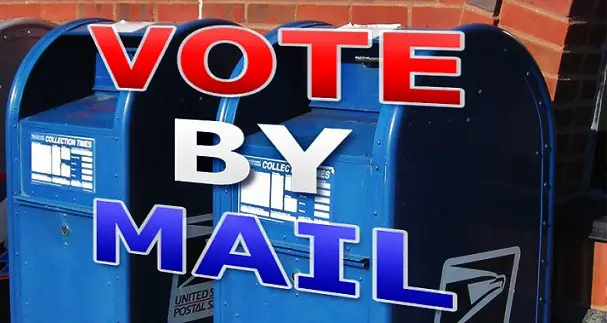The state of Colorado is implementing a new system this year which allows registered voters to cast a ballot by mail. Every registered voter in the state has been mailed a ballot to simply fill out and return. Of course, voters can still show up at the polls to vote in person if they choose.
However, pollsters usually switch to a “likely voter” model when Election Day nears to improve accuracy by polling people they’re certain will show up and vote. If you no longer have to show up to do the voting, does that eliminate the advantage of targeting “likely voters” versus “registered voters?”
A snippet from the Washington Post:
One wild card in the future direction of Colorado’s politics is the new vote-by-mail system installed for the first time. All registered voters in Colorado have received ballots this fall and only need to fill them out and mail them in to cast their vote. Registered voters can still vote in person, and non-registered voters can become eligible the same day they show up at the polls. [Emphasis added]
Democrats believe this could be an valuable weapon for their candidates, now and into the future. Noting that Democrats in Washington and Oregon have solidified their strength since going to all-mail voting, David Winkler, vice president and director of research at the progressive Project New America, said, “There is a possibility that this year is the Republicans’ last stand.”
As mentioned, in Washington and Oregon, Democrats have improved their ranks after going to an all “vote by mail” system. Republicans have always been more likely to vote, especially in midterms, when voting meant you had to get in the car and drive to the polling place. With that requirement eliminated, anyone can now vote from their kitchen table. What effect will this have on the model of likely voters?
